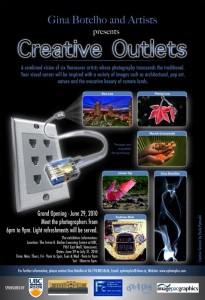Webcast sponsored by the Irving K. Barber Learning Centre, and hosted by the Department of Language and Literacy Education and the Faculty of Education as part of the plenary session at the 37th International Systemic Functional Congress, Halliday poses the evolution of language seems a simple enough concept: it arose in the work of scholars studying the history of linguistic forms (phonology, morphology, some syntax). But a language is a semiotic system; more importantly a semogenic, or meaning-creating, system; and meaning also has a history – a highly complex one. Every language has, in Sapir’s term, a “certain cut”, its own (constantly evolving) ways of meaning; yet most of its features are shared with other languages. We seek out the history of meaning along various routes: in the history of the form of language, in the history of the people that speak it, in the history of the locale where it is spoken, and in the history of its varied cultural contexts. Consider English and Chinese, as two widely spoken and widely-documented languages. The history of meaning in English includes changes that took place in ancient Greek and in ancient and medieval Latin, even though English is not “descended from” these languages; Chinese has undergone somewhat less upheaval, but the history of Mandarin involved contact with ways of meaning derived from Sanskrit and from Mongolian, both also “unrelated” to Chinese. I think that, to study the history of meaning, we take account of both child language development and the emergence of learned forms of discourse; we maintain a trinocular perspective; and we seek systemic and functional (especially metafunctional) explanations of semiotic patterns in discourse.
Biography of Speaker
Michael Halliday is a British linguist who developed an internationally influential grammar model, the systemic functional grammar (which also goes by the name of systemic functional linguistics [SFL]). Halliday obtained his B.A. in Chinese language and literature from the University of London and then did postgraduate work in linguistics, first at Peking University and later at the University of Cambridge, from which he obtained his Ph.D. in 1955.
Selected Books Available at UBC Library
Halliday, M. A. K. (1967). Intonation and grammar in British English. The Hague: Mouton. [Link]
Halliday, M. A. K., & Webster, J. (2002). Linguistic studies of text and discourse. London: Continuum. [Link]
Halliday, M. A. K., Webster, J., & ebrary, I. (2002). On grammar. New York: Continuum International Publishing. [Link]
